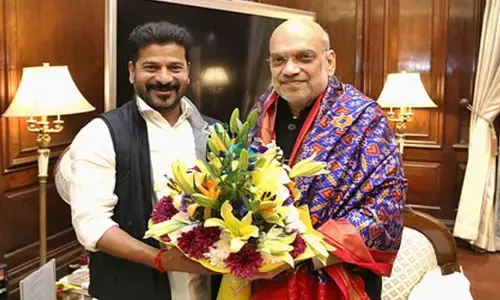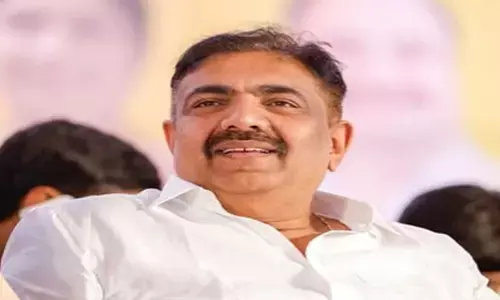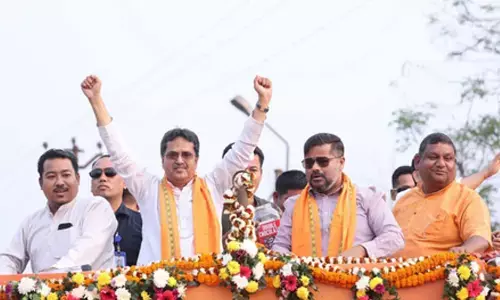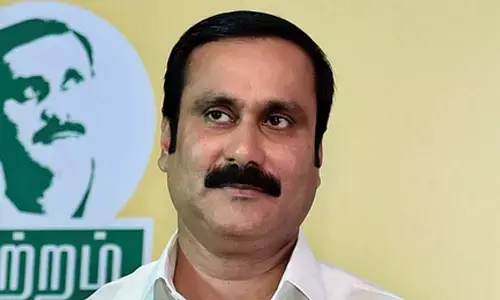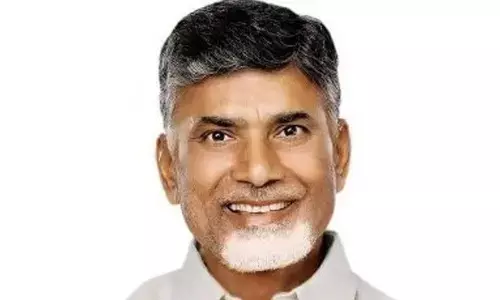Creating economic hardships for Pakistan is the right move
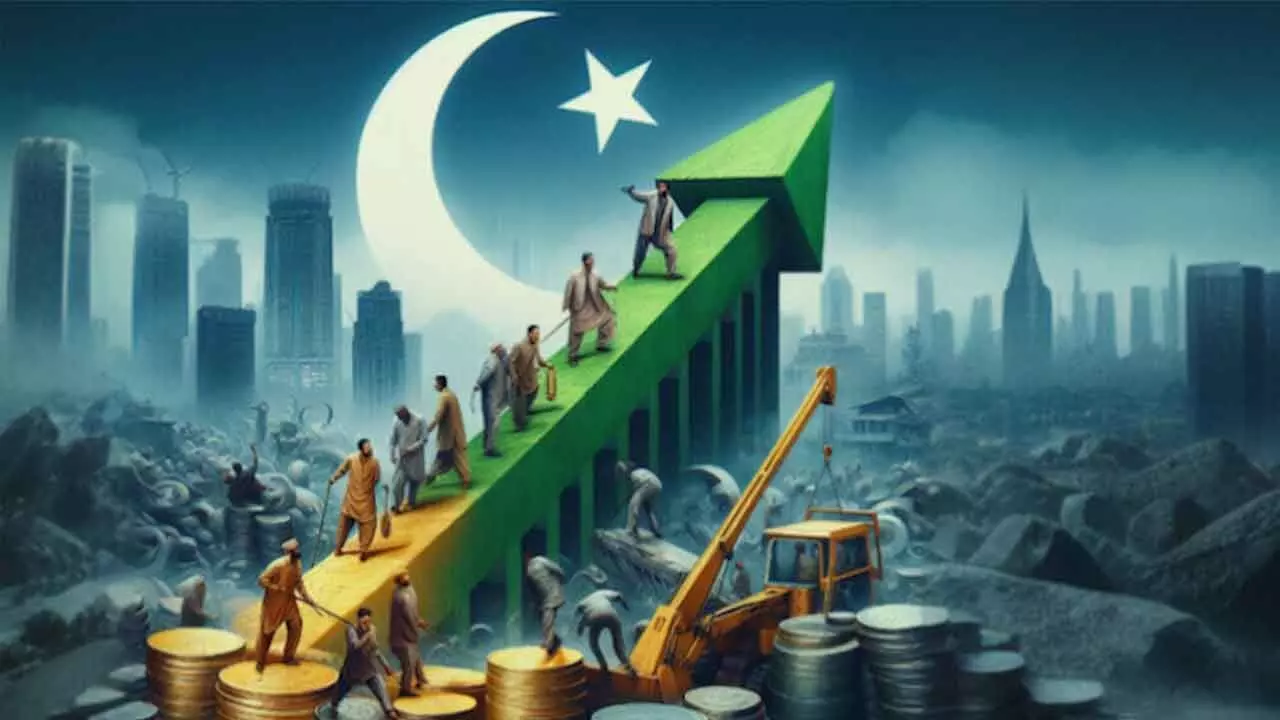
People pay for their mistakes. So also do countries, especially their rulers. We all know which country we are talking about. Last week, India banned direct and indirect imports vis-à-vis Pakistan. An immediate fallout of the heinous terror attack that claimed 26 lives in Baisaran in Pahalgam, popular as India’s Switzerland, was that India began its economic, diplomatic and logistics offensive against Pakistan as a part of concerted efforts to nail the cross-border patrons of trigger-happy terror elements in Kashmir. As a first retaliatory measure, India suspended the Indus Waters Treaty on April 23, a day after the massacre. India and Pakistan had signed the treaty in 1960 to share the water available in the Indus River and its tributaries in the ratio of 30:70, respectively. Indus River is a lifeline of Pakistan. That’s the reason why India did not touch this treaty even during its wars with the belligerent neighbour in 1965, 1971, and the 1999 Kargil war. But in a game-changing move, New Delhi sent a strong message to Pakistan by suspending the treaty as the first punitive measure against the attack. Prime Minister Narendra Modi went on to justify this move by saying ‘water and blood cannot flow together’. To put more pressure, India also shut the Attari-Wagah land border. The latest economic offensive is the blanket ban on direct and indirect imports from Pakistan. India also suspended mail exchanges, stopped docking of Pakistani ships at Indian ports and on the use of Indian airspace for Pakistani aircraft.
Direct imports from Pakistan are negligible now as India revoked the ‘Most Favoured Nation’ (MFN) status to it and increased import tariffs on its products to 200 per cent after the 2019 Pulwama attack. But indirect exports through countries like the UAE are significant. These imports will also be curbed now. These retaliatory measures are bound to significantly impact Pakistan’s economy, which is in such doldrums that it is surviving on a $7-billion loan package extended by the International Monetary Fund (IMF) last year. What happened at the picturesque Pahalgam on April 22 is an unpardonable crime. The indoctrinated terrorists behaved like animals and killed innocent tourists, putting the enchanting valley on the boil. The perpetrators and their backers should pay the price. There are no second opinions on that. Going by the mood of the nation, there is a growing demand for war with Pakistan to settle the Kashmir issue, once and for all. Sensing this, the Modi government has consistently been assuring people that India will teach a befitting lesson to terrorists and their backers in the valley.
But a full-fledged war with Pakistan at this juncture will boomerang in that it will render more harm to the Indian economy than to Pakistan, which is staring at bankruptcy. Hence, creating economic hardships to Pakistan is the right move as such efforts will pinch their people. India can also go for surgical strikes as it did in the past. If the economically-cornered Islamabad dares to declare war, then that will be the right opportunity for our country to teach it a lesson and make it pay for its sins. Till that time, taking aim at Pakistan’s economic roots is the right strategy for India. Either way, India’s eventual goal ought to be on achieving a long-lasting peace in Kashmir. India needs a peaceful Kashmir for it to put its economy on a higher growth path that leads to Viksit Bharat by 2047.


